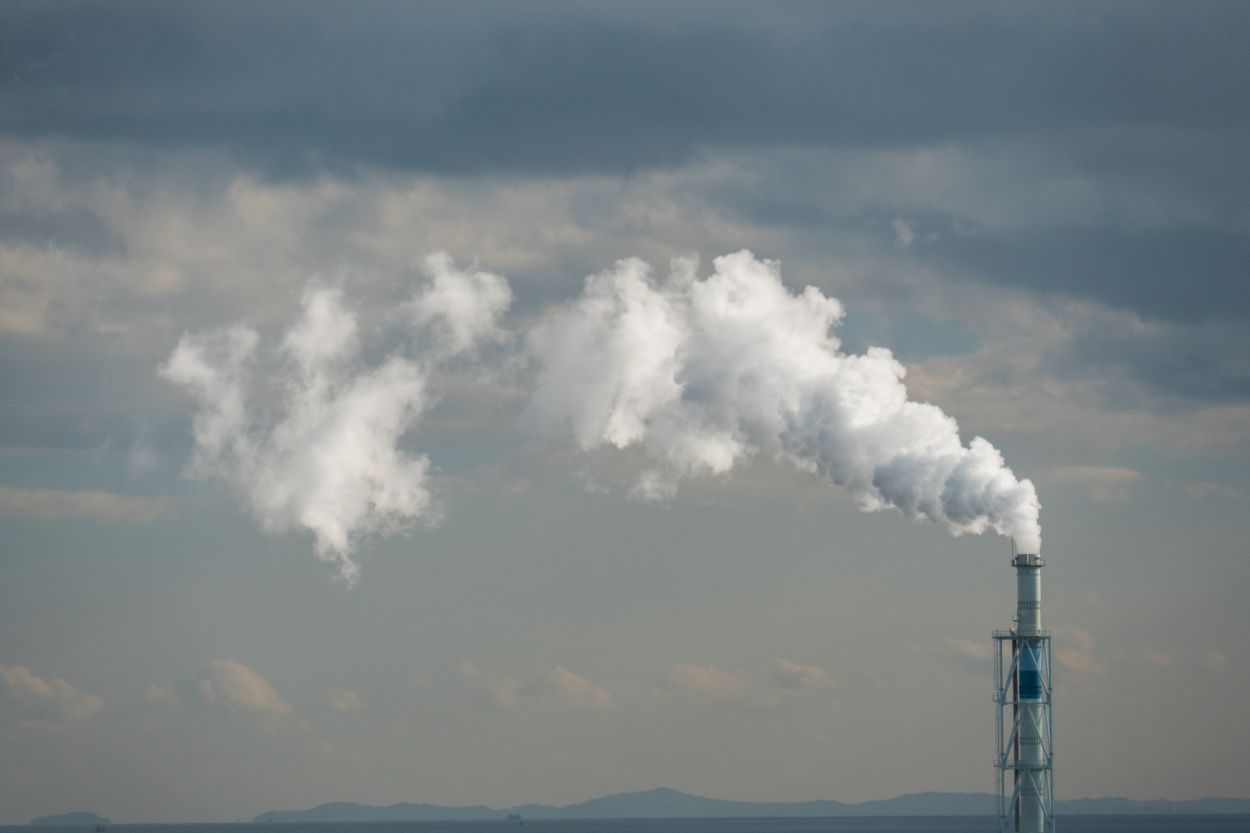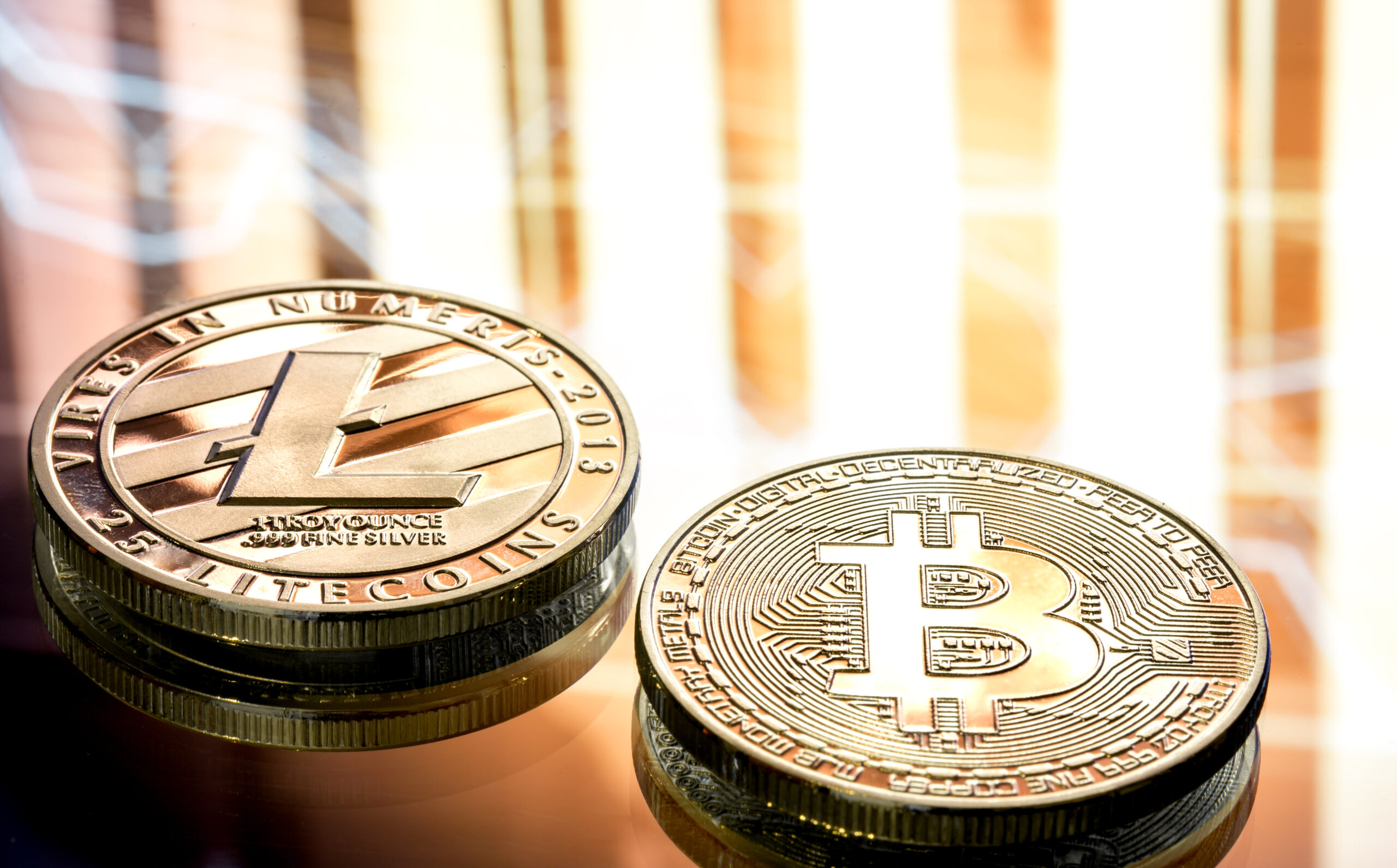A huge current account surplus – 3.5 times more than a year ago – opens up very bright prospects for Russia . „Dutch disease”, which countries are afraid of in such cases, does not threaten us, but it should be possible to revive imports and survive sanctions with the help of „crazy” foreign exchange money, Mikhail Shulgin, head of the global research department at Otkritie Investments, told the Prime agency.
In his opinion, the influx of foreign currency against the backdrop of high energy prices makes it possible to finance many expensive business support programs as part of the transformation of the Russian economy, which is trying to adapt to the regime of unprecedented sanctions.
„There is an opportunity to spend funds on stabilizing the exchange rate of the Russian currency and support programs aimed, among other things, at revitalizing imports. If we talk about the” money box „, then it makes sense to accumulate it only in the currencies of friendly countries. The dollar and the euro remain toxic for Russia,” says the analyst.
The too expensive ruble , which, against the background of the growth of raw material exports in other conditions, would threaten the economy with the „Dutch disease” is not our sadness now. “The Russian currency reached a seven-year peak in June, but we don’t see an influx of imported goods that hit domestic production. The problem is not the ruble, but the destroyed supply chains and the need to build relationships with suppliers from abroad practically from scratch,” — Shulgin pointed out.
At the same time, the authorities are not interested in a stronger ruble than now – this reduces budget revenues, which are needed more than ever to finance programs as part of anti-crisis support measures. It is not so much the oil and gas sector, where high world prices make it possible to sell products even at a discount, that suffers from a strong ruble, but metallurgists and coal companies. Russian agricultural products are also losing their competitiveness.
“In the second half of this year, we are waiting for a reduction in exports and see signals, albeit a weak but confident recovery in imports. The current account surplus should decrease, which will reduce pressure on the ruble,” he concluded.




